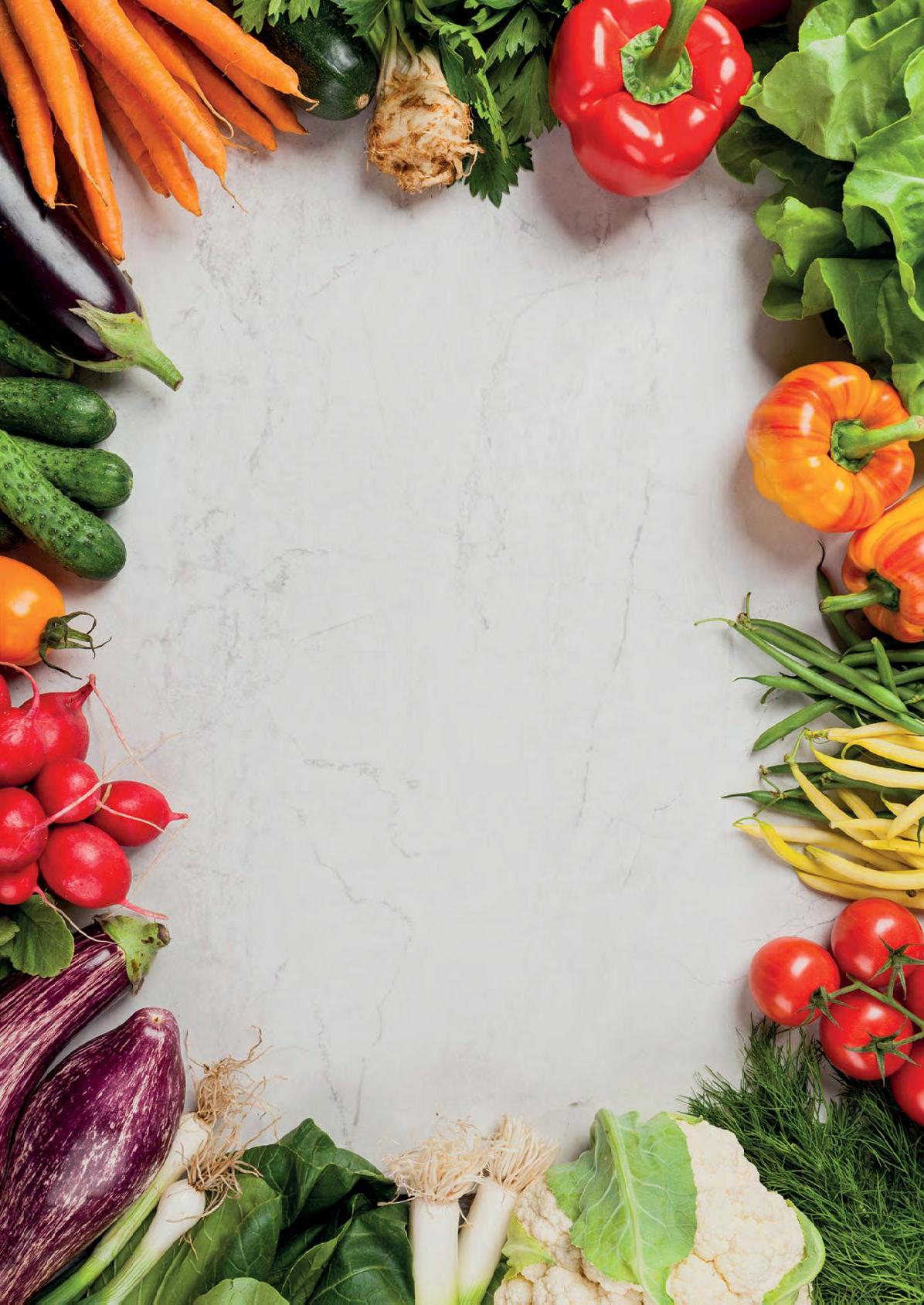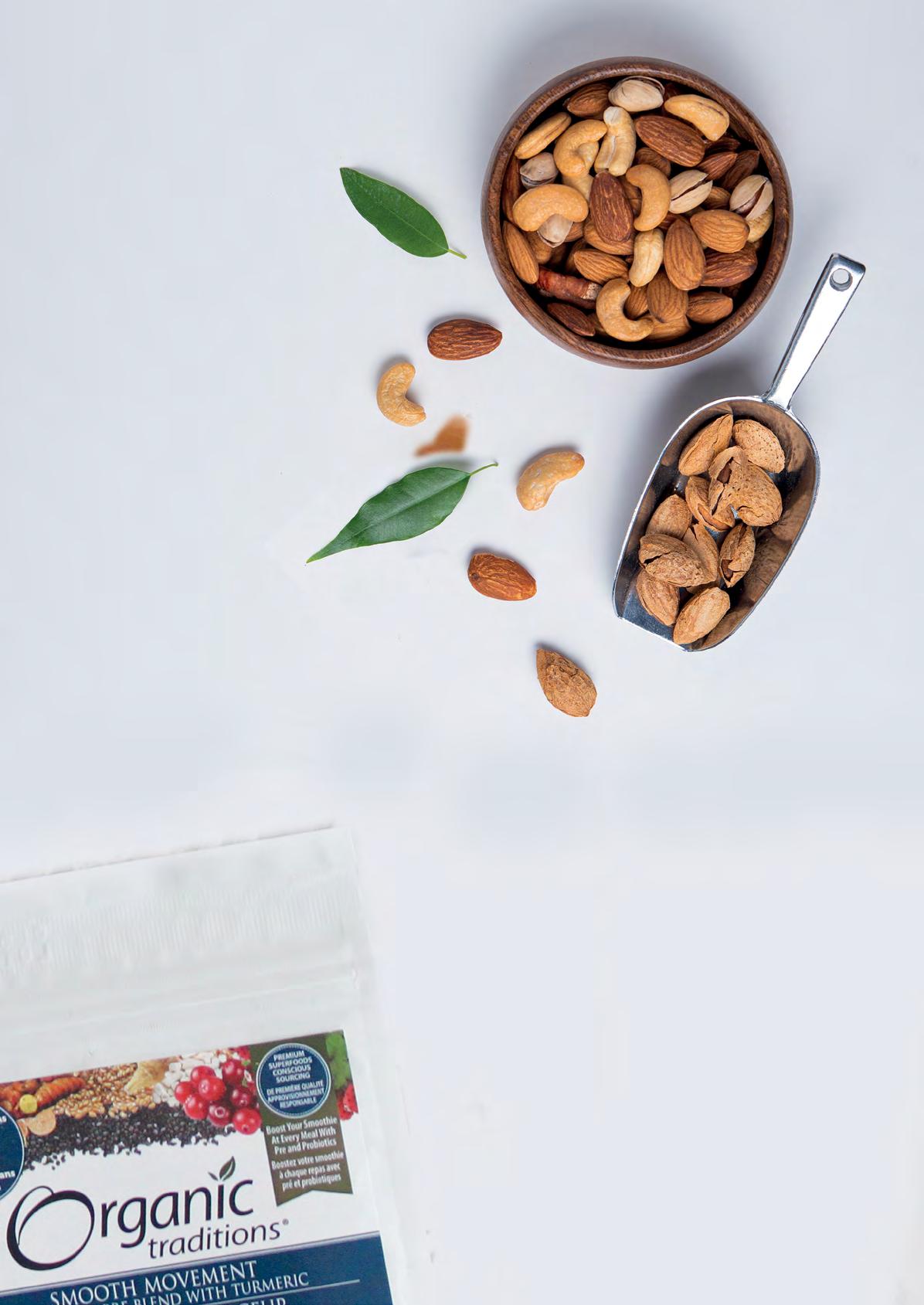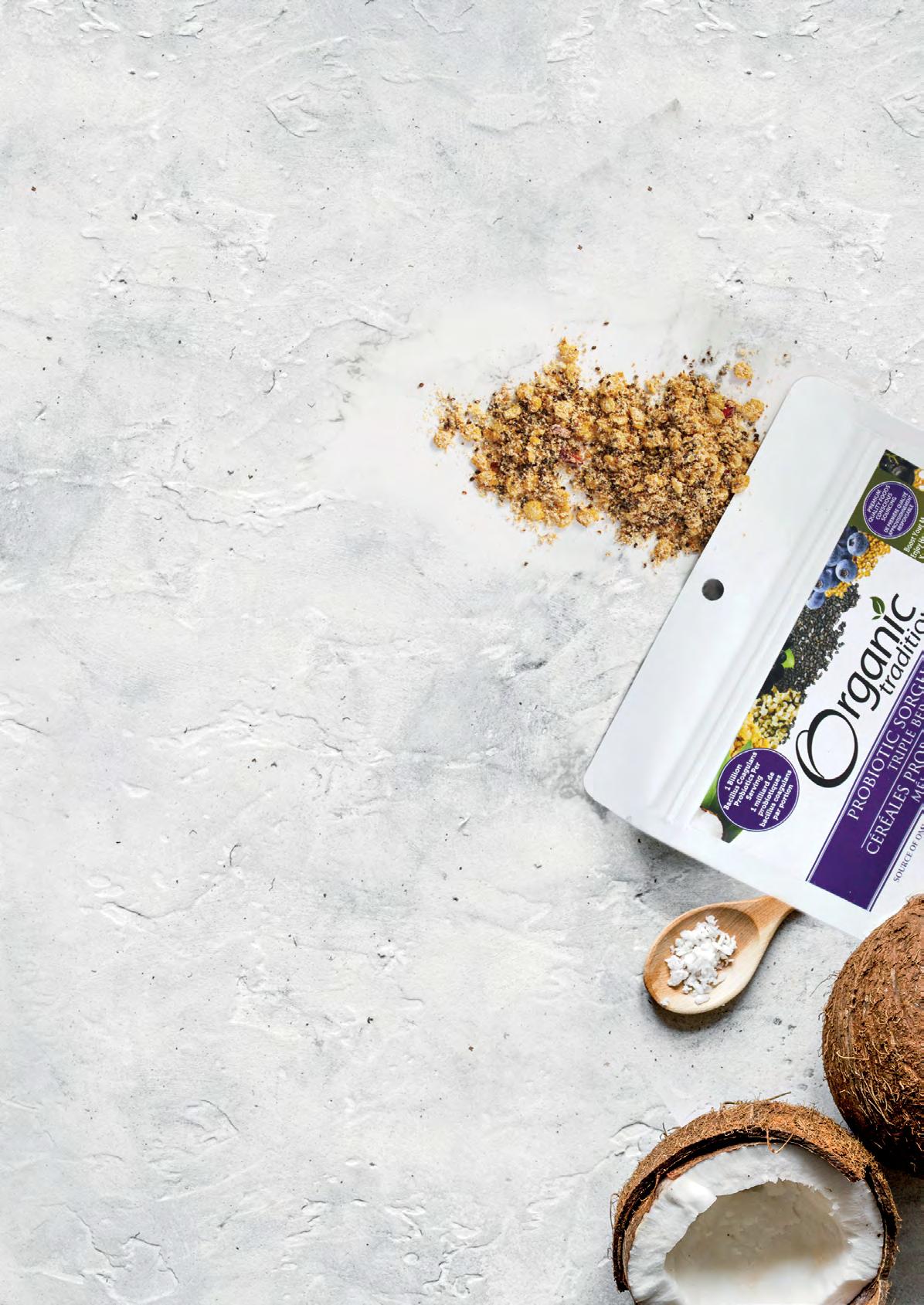
3 minute read
43 WHAT’S YOUR
WHAT’S YOUR GUT FEELING?
More and more attention is being paid to our gut health. The human microbiome contained within our digestive system is without a doubt related to much more than just our nutrient uptake; it is now being referred to as the second brain and scientists believe that the kinds of bacteria we have in our guts determine our overall health. Whilst there are several factors that influence the population of our gut bacteria from an early age (vaginal birth and breastfeeding for example), we can influence and change our gut health through diet and lifestyle habits. Here, we share with you how to achieve optimum gut and digestive health through healthy choices.
Advertisement
tip one
MINDFUL EATING
The fast-paced nature of modern life means that we are always turned on, and rarely take the time to enjoy any activity at a slow, enjoyable pace- eating our meals included. However, we should for our overall health and wellbeing, not just for enjoyment’s sake. Mindful eating is about connecting with your food and using all your senses to their full extent to engage with the experience. As a result, your relationship with food will become healthier, starting with better choices in food being made and finishing with better digestive health as you are stimulating your digestive system through senses other than taste. Be sure to eat without any distractions - the main one we can think of is screen time, so no phones at the table or TV dinners! Through reestablishing this connection with food, you will likely also become more attuned to your body’s own signals and learn when to stop eating before you “feel” full up. That satisfying feeling of satiety comes not from the volume of food contained in your stomach (which can actually hold around 4 litres of food and drink!) but from a chemical reaction. Your brain takes around 20 minutes to register this, which is why if we are not in tune with our bodies we can overeat. tip two
DE-STRESS
Stress has a double impact on our gut health. Firstly it can have physical effects on your digestive system, such as spasms, increased acid production, nausea and digestive discomfort, however it can also play a part in bad food choices. To help manage your stress levels, be sure to exercise regularly, and perhaps try incorporating yoga, meditation and mindfulness into your daily life.

tip three FOOD DIARY
If you do suffer from digestive discomfort, it’s worth keeping a food diary to try to identify what is causing your issues. Regular offenders include wheat, dairy, refined foods, caffeine, alcohol and sugars. Once you have pinpointed the cause, cut it out of your diet for six weeks then reintroduce and see if symptoms return.
tip four FIBRE

Ensuring you eat enough fibre will not only aid in regulating your digestion, it also helps to remove toxins from the body. Try wholegrains, nuts, seeds, beans, pulses and upping your fruit and vegetable intake including pears, berries, melon, broccoli, beetroot and artichoke.

TRY: ORGANIC TRADITIONS SMOOTH MOVEMENT FIBRE BLEND WITH PROBIOTICS
Contains cold milled chia and flax seeds, acacia gum, baobab fruit, apple peel, cranberry seed powder, prickly pear fruit, nopal cactus leaf, turmeric powder extract as well as pre and probiotics. 28% of your RDA of fibre in just one tablespoon.
tip five PRE- AND PROBIOTICS
Prebiotics are foods that reach the colon without breaking down, and help feed the gut bacteria already present in your body. Prebiotics come primarily from plant sources such as chicory root and Jerusalem artichokes.
TRY: ORGANIC TRADITIONS SORGHUM CEREAL
Probiotics help repopulate your gut with healthy strains of bacteria, and as well as supplements some fermented foods are also rich in probiotics: kombucha, kefir and sauerkraut to name a few.
Enhanced with the premium probiotic strain Bacillus coagulans, which has excellent survivability and stability, safety and efficacy, and acacia gum prebiotic fibre for an all in one pre- and probiotic symbiotic blend. tip six
COCONUT OIL


As well as being a healthy fat to incorporate into the diet, it is thought that the antimicrobial and antibacterial properties of coconut oil may help restore balance in your gut flora by helping reduce candida bacterial overgrowth. Coconut oil also helps the body to absorb fat soluble vitamins and certain minerals, including calcium and magnesium.










